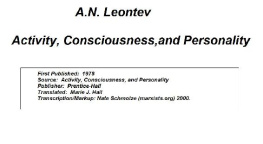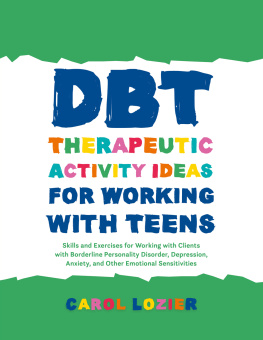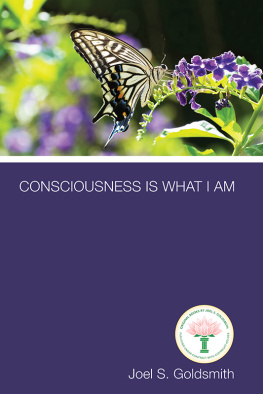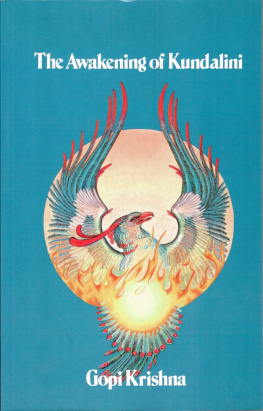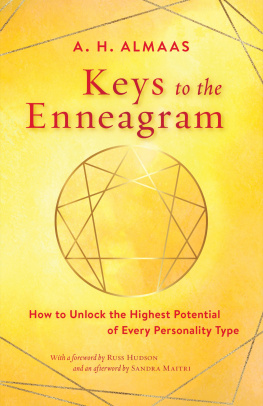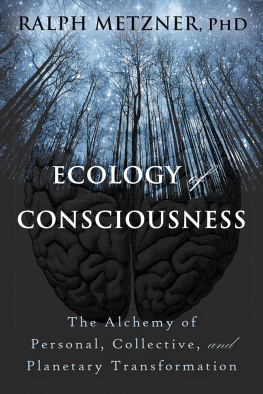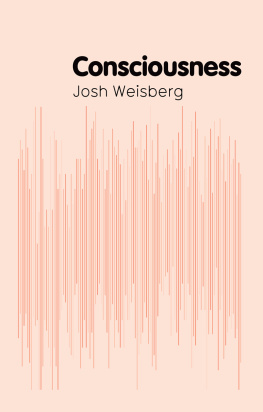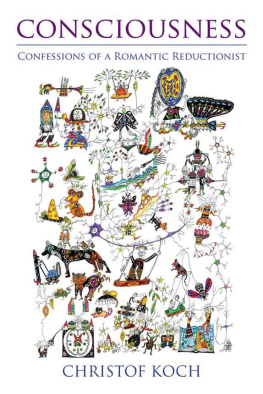A.N. Leontev - Activity, Consciousness, and Personality
Here you can read online A.N. Leontev - Activity, Consciousness, and Personality full text of the book (entire story) in english for free. Download pdf and epub, get meaning, cover and reviews about this ebook. genre: Religion. Description of the work, (preface) as well as reviews are available. Best literature library LitArk.com created for fans of good reading and offers a wide selection of genres:
Romance novel
Science fiction
Adventure
Detective
Science
History
Home and family
Prose
Art
Politics
Computer
Non-fiction
Religion
Business
Children
Humor
Choose a favorite category and find really read worthwhile books. Enjoy immersion in the world of imagination, feel the emotions of the characters or learn something new for yourself, make an fascinating discovery.
- Book:Activity, Consciousness, and Personality
- Author:
- Genre:
- Rating:3 / 5
- Favourites:Add to favourites
- Your mark:
- 60
- 1
- 2
- 3
- 4
- 5
Activity, Consciousness, and Personality: summary, description and annotation
We offer to read an annotation, description, summary or preface (depends on what the author of the book "Activity, Consciousness, and Personality" wrote himself). If you haven't found the necessary information about the book — write in the comments, we will try to find it.
Activity, Consciousness, and Personality — read online for free the complete book (whole text) full work
Below is the text of the book, divided by pages. System saving the place of the last page read, allows you to conveniently read the book "Activity, Consciousness, and Personality" online for free, without having to search again every time where you left off. Put a bookmark, and you can go to the page where you finished reading at any time.
Font size:
Interval:
Bookmark:
In reality the philosophic discovery of Marx consists not in identifying practice with cognition but in recognizing that cognition does not exist outside the life process that in its very nature is a material, practical process. The reflection of reality arises and develops in the process of the development of real ties of cognitive people with the human world surrounding them; it is defined by these ties and, in its turn, has an effect on their development. Human consciousness thus ceases to be an "intrinsic quality of the human spirit" with no history or intractability to causal analysis. We begin to understand it as the highest form of reflection of reality that sociohistorical development creates: a system of objectively existing agents gives birth to it and causal historical analysis makes it accessible to us.
Foreword
The methodological crisis that world psychology has been trying to solve for the last 100 years destroyed the unified system of psychological knowledge. Psychologists split into several schools and directions, and their representatives argue among themselves about the subject of their science. Considering ways to resolve the crisis, A.N. Leont'ev, Active Member of the Academy of Pedagogical Sciences of the USSR and Lenin Prize Laureate, in his new book demonstrates the primacy of Marxist methodology in the resolution of fundamental problems of contemporary psychology.
The book is intended for philosophers, psychologists, and teachers, and for all who are interested in the theoretical questions of the science that concerns the origin, function, and structure of the psychological reflection of reality.
.................................................
.........................
This work has been reproduced in accordance to 108 of U.S. copyright law (Title 17, p. 16). This distribution is made in accordance to the requirements under 108: (1) without the purpose of any commercial advantage; (2) in a collection that is open to the public; and (3) includes a notice of copyright of the reproduced work.
This small theoretical book was long in preparation, and even now I cannot consider it finished quite a bit in it is still only noted and not explicated. Why did I decide to publish it in spite of this? I will admit at once that it was not from a love for theorizing.
Attempts to investigate methodological problems of psychology always evoke the constant need for theoretical reference points without which concrete investigation is doomed to remain shortsighted.
It is almost a hundred years since world psychology has been developing under conditions of crisis in its methodology. Having split in this time into humanistic and natural science, descriptive and explanatory, the system of psychological knowledge discloses ever new crevices into which it seems the very subject of psychology disappears. The subject is sometimes also reduced under the guise of the necessity of developing interdisciplinary research. Sometimes there even are voices heard openly inviting Varangians into psychology: Come and rule over us. The paradox consists in this that in spite of the theoretical difficulties, in the whole world there is now an exceptional impetus toward the development of psychological research under direct pressure of the requirements of life itself. As a result the contradiction between the mass of factual material that psychology has scrupulously accumulated in excellently equipped laboratories and the pitiful condition of its theoretical and methodological bases has become even sharper. Negligence and skepticism in relation to the general theory of the psyche, and the spreading of factologism and scientism characteristic for contemporary American psychology (and not only for it) have become a barrier blocking the road to investigating the principal psychological problems.
It is not difficult to see the connection between this development and the disillusionment resulting from unfounded claims of the major Western European and American trends that they would effect a long-awaited theoretical revolution in psychology. When behaviorism came into being, they spoke of it as a match about to light and set off a keg of dynamite; after that it seemed that not behaviorism but Gestalt psychology discovered a general principle capable of leading psychological science out of the blind alley into which it was led by rudimentary, atomistic analysis; finally, very many had their heads turned by Freudism, as if in subconsciousness he had found a fulcrum that would make it possible to turn psychology right side up and make it really alive. Other bourgeois psychological directions were admittedly less pretentious, but the same fate awaited them; they all found themselves in the general eclectic soup that is now being cooked by psychologists each according to his own recipe who have reputations of broadmindedness.
The development of Soviet psychological science, on the other hand, took an entirely different path.
Soviet scientists countered methodological pluralism with a unified Marxist-Leninist methodology that allowed a penetration into the real nature of the psyche, the consciousness of man. A persistent search for resolutions of the principal theoretical problems of psychology on the basis of Marxism began. Simultaneously, work continued on the critical interpretation based on positive achievements of foreign psychologists, and specific investigations of a wide range of problems began. New approaches were worked out, as was a new conceptual apparatus that made it possible to bring Soviet psychology to a scientific level very rapidly, a level incomparably higher than the level of that psychology that was given official recognition in pre revolutionary Russia. New names appeared in psychology: Blonskii and Kornilova, then Vygotskii, Uznadze, Rubinshtein, and others.
The main point was that this was the way of continuous purposeful battle a battle for the creative mastery of Marxism-Leninism, a battle against idealistic and mechanistic biologizing concepts in one guise or another. While developing these concepts, it was necessary also to avoid scientific isolationism as much as withstand being identified as a psychological school existing side-by-side with other schools. We all understood that Marxist psychology is not just a different direction or school but a new historical stage presenting in itself the beginnings of an authentically scientific, consistently materialistic psychology. We also understood something else, and that is that in the modern world psychology fulfills an ideological function and serves class interests; it is impossible not to reckon with this.
Methodological and ideological questions remained in the center of attention of Soviet psychology, particularly in the initial period of its development, which was marked by the publication of such books, fundamental in their ideas, as L. S. Vygotskiis Thought and Speech and S. L. Rubinshteins Fundamentals of General Psychology . It is necessary, however, to acknowledge that in the following years the attention of psychological science to methodological problems weakened somewhat. This, of course, does not mean in any way that theoretical questions became of less concern, or that less was written about them. I have something else in mind: the acknowledged carelessness in methodology of many concrete psychological investigations, including those in applied psychology.
Font size:
Interval:
Bookmark:
Similar books «Activity, Consciousness, and Personality»
Look at similar books to Activity, Consciousness, and Personality. We have selected literature similar in name and meaning in the hope of providing readers with more options to find new, interesting, not yet read works.
Discussion, reviews of the book Activity, Consciousness, and Personality and just readers' own opinions. Leave your comments, write what you think about the work, its meaning or the main characters. Specify what exactly you liked and what you didn't like, and why you think so.

